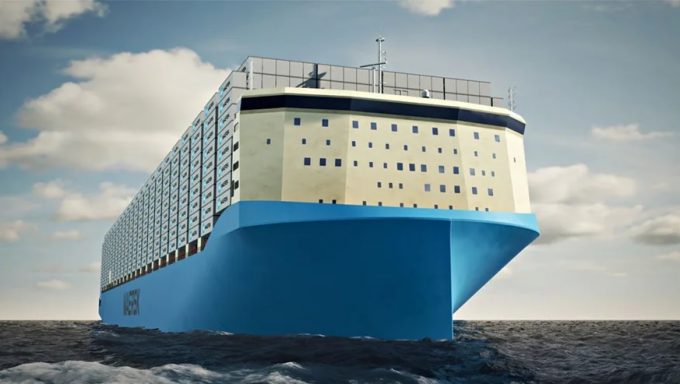
Photo: Maersk Line
Antitrust law could have a negative effect on the logistics industry’s transition to greener supply chains.
Decarbonisation projects within the supply chain are, necessarily, collaborations between asset operators, such as shipping lines and aircraft operators, research bodies and upstream suppliers, such as fuel providers.
However, these partnerships ...




Comment on this article